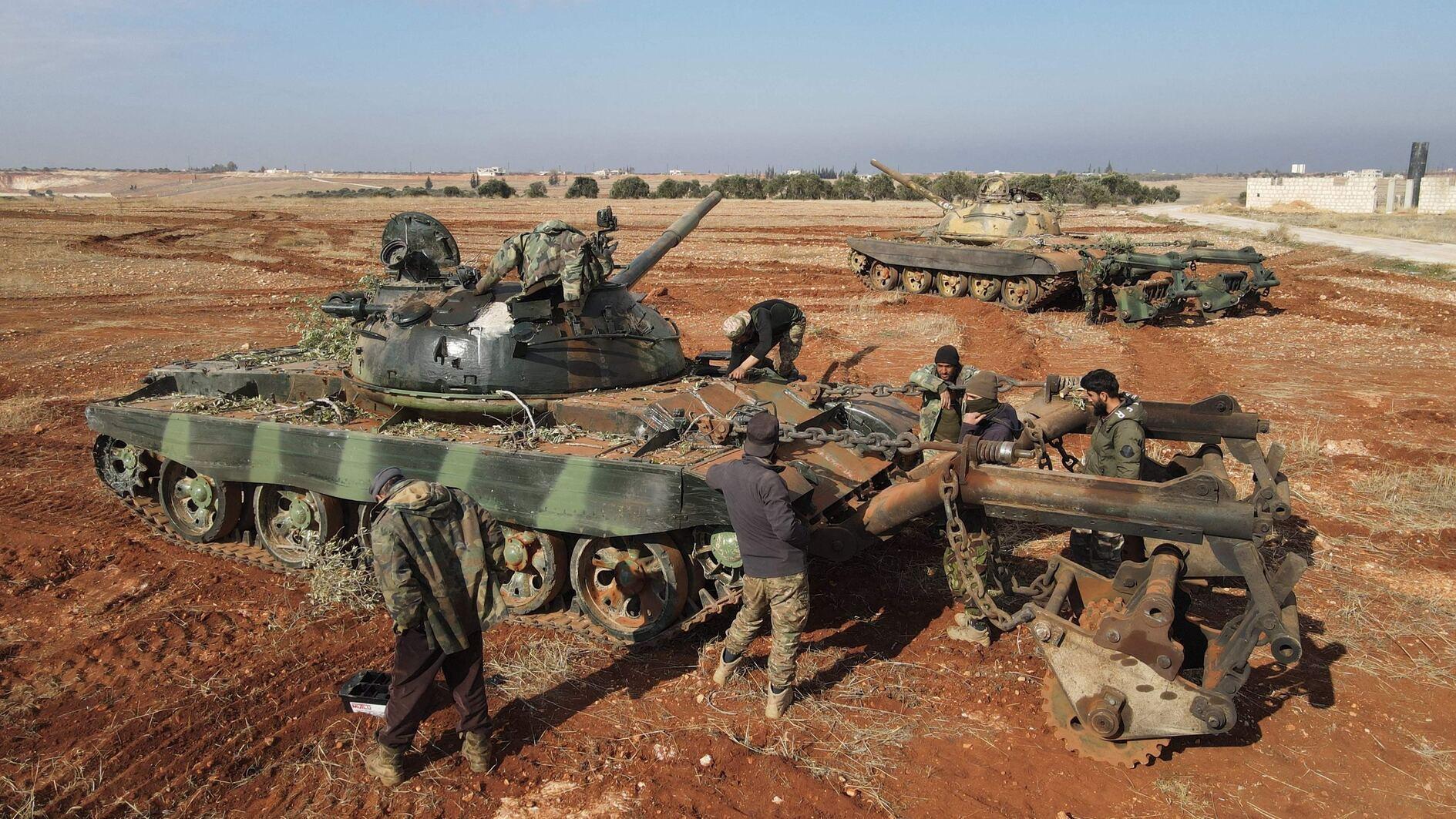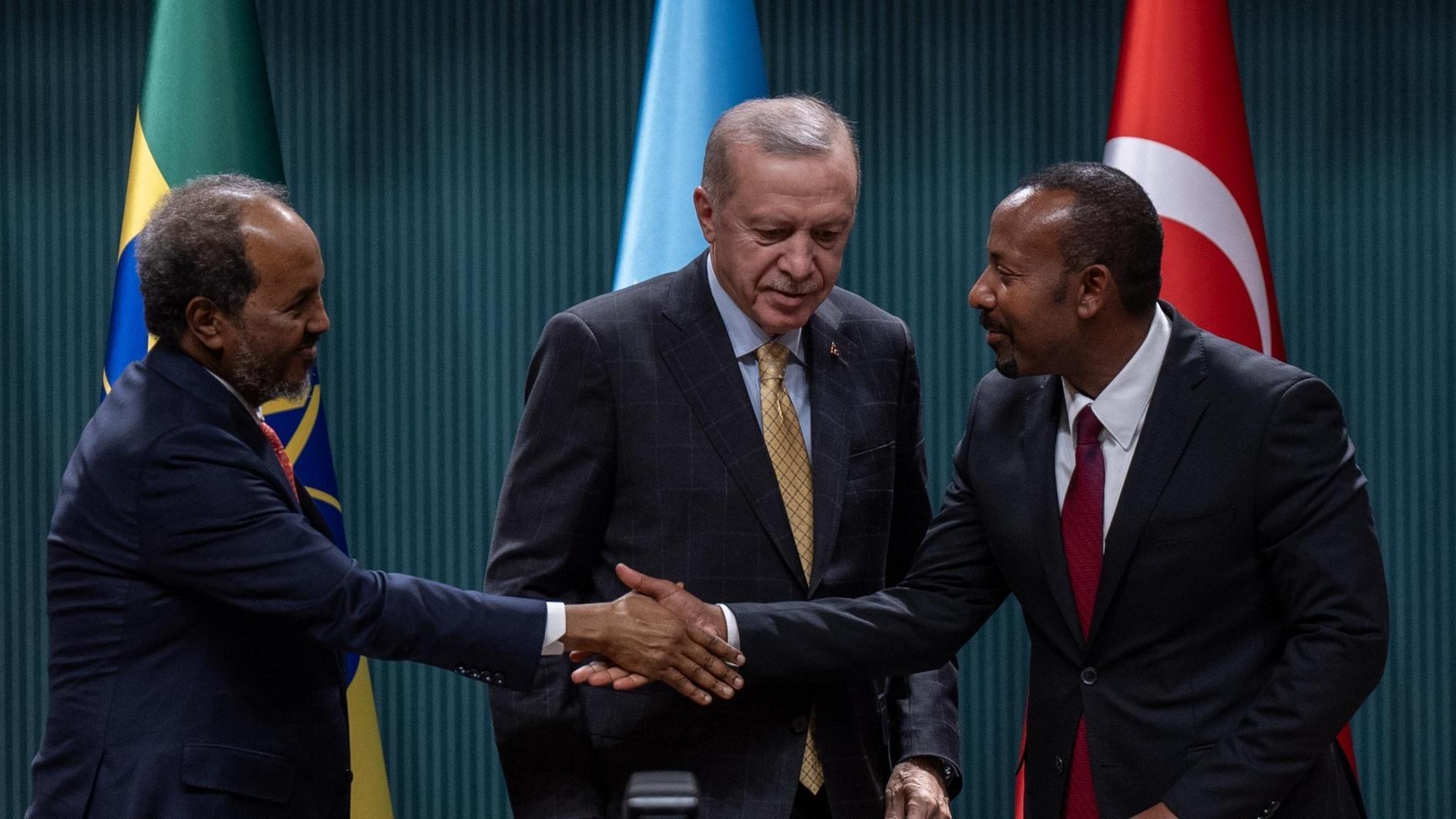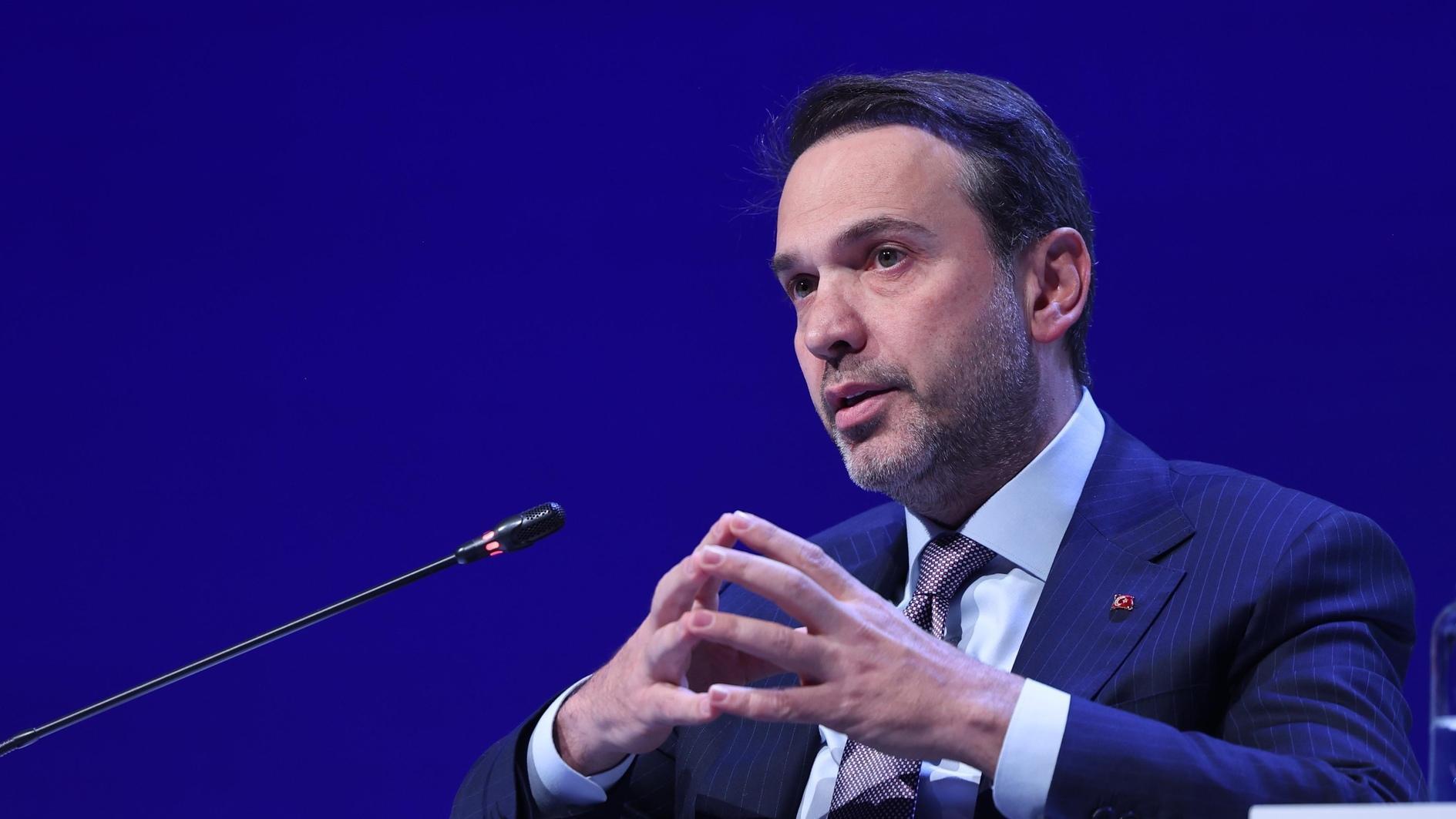Erdoğan takes risks for transformation
The fourth congress of Turkey’s ruling Justice and Development Party (AK Party) scheduled for Sept. 30 is likely to have short- and long-term effects on both the party’s and Turkey’s political future.
The party has been in power since the first parliamentary election it fielded candidates in, in 2002. That was only two years after its establishment after it split off from Turkey’s traditional Islamist movement. From day one, the members of the new AK Party rejected an Arab socialist-style “just economic order,” gave up anti-Western and anti-European Union rhetoric, and labeled themselves “conservative democrats.” In the political spectrum of Turkey at the time, when the country had been hit by its worst economic crisis ever, the AK Party got the majority of the vote, founded the first single-party government in decades and has since increased its share of the vote in three consecutive elections, hitting a rare 50 percent in 2011.
In a live interview broadcast on the NTV news channel Thursday night, Prime Minister Recep Tayyip Erdoğan claimed that if elections were held this weekend his party would get at least 52 percent, according to an in-house AK Party survey. Yet he snubbed another survey conducted by a mainstream company, Metropoll, which he has found credible in the past. According to that survey, the percentage of people who think Turkey is moving in the right direction has fallen from 47 to 32 percent since the last election, while those who think Turkey is moving in a bad direction have increased from 36 to 50 percent in the same period -- the rest of the respondents were undecided. Perhaps more disturbing for Erdoğan were the answers given to the question: Who would you like to see as the next president, if you had to choose between Erdoğan and the incumbent president, Abdullah Gül? The answers showed 51 percent favor Gül, with only 22.7 percent choosing Erdoğan.
The presidential election, in which Turkish people will vote directly (rather than via a parliamentary vote) for the first time, will be held in 2014. The AK Party -- together with the Nationalist Movement Party (MHP) -- wants to hold the local election in 2013, rather than 2014, and in 2015 there will be general elections. The country’s painful Kurdish problem and the threat of economic crisis from Europe (which Turkey has managed to float through so far) are likely to be the major obstacles on Erdoğan’s path toward his roadmap for 2023, the 100th anniversary of the founding of the Turkish Republic.
So Erdoğan sees the party congress as an opportunity to refresh his party’s executive bodies by putting some older names side and to diversify it with new faces, in hopes that this will open the AK Party to new pockets of voters. In the presidential election the winner will have to receive 50 percent plus one vote in the second round, in order to move up to the Presidential Palace on Çankaya Hill in Ankara.
Amid scenarios including a possible attempt to transform the Turkish system into a prime ministerial one with only a symbolic president, if Gül chooses to run for a second term, Erdoğan says he will keep the backbone of his party the same, but may change the rest. This may be reflected in the cabinet afterward, but major changes there are not very likely, at least for the time being.
The speech Erdoğan plans to deliver at the congress could send strong messages regarding Turkish’s foreign, domestic, security and economic policies for the next ten years, for which period of time he wants to see his party continue to lead Turkey. It is a totally different question whether that will be possible, but that is what Erdoğan is aiming for with his new design for the AK Party.











